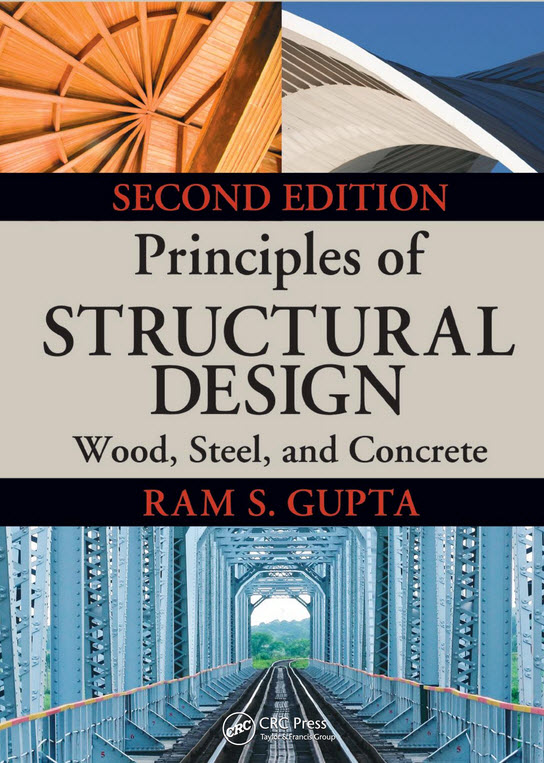Principles of Structural Design Wood Steel and Concrete
Buildings and other structures are classified based on the risk associated with unacceptable performance of the
structure, according to Table II.
The risk categories range from I to IIA where category I represents buildings and other structures that pose no danger
to human life in the event of failure and category IV represents all essential facilities.
Each structure is assigned the highest applicable risk category.
Assignment of more than one risk category to the same structure based on use and loading conditions is permitted.
To safeguard public safety and welfare, towns and cities across the United States follow certain
codes for design and construction of buildings and other structures
Until recently, towns and cities modeled their codes based on the following three regional codes, which are normally
revised at 3-year intervals:
I. The Building Officials and Code Administrators National Building Code
2. The Uniform Building Code
3. The Standard Building Code

6.8MB
Download
*
Buildings and other structures are classified based on the risk associated with unacceptable performance of the
structure, according to Table II.
The risk categories range from I to IIA where category I represents buildings and other structures that pose no danger
to human life in the event of failure and category IV represents all essential facilities.
Each structure is assigned the highest applicable risk category.
Assignment of more than one risk category to the same structure based on use and loading conditions is permitted.
To safeguard public safety and welfare, towns and cities across the United States follow certain
codes for design and construction of buildings and other structures
Until recently, towns and cities modeled their codes based on the following three regional codes, which are normally
revised at 3-year intervals:
I. The Building Officials and Code Administrators National Building Code
2. The Uniform Building Code
3. The Standard Building Code

6.8MB
Download
*